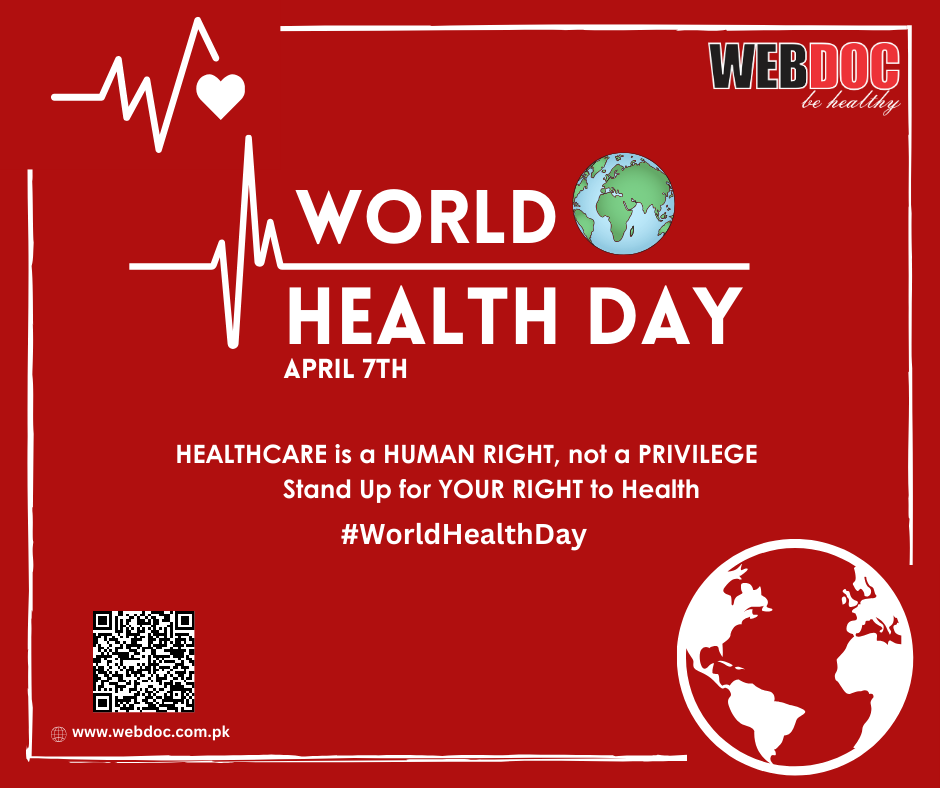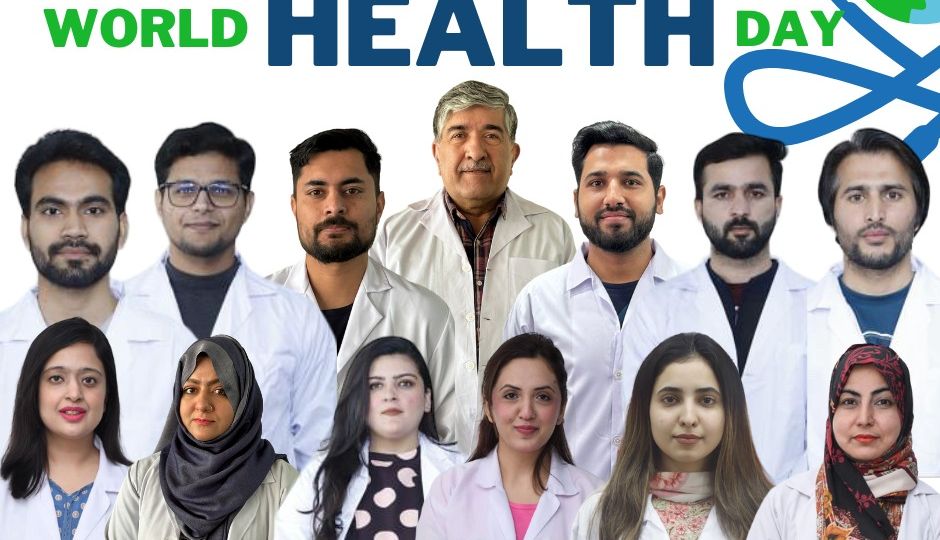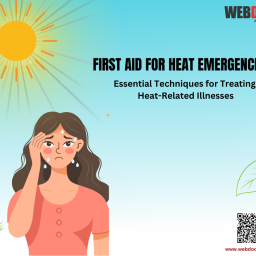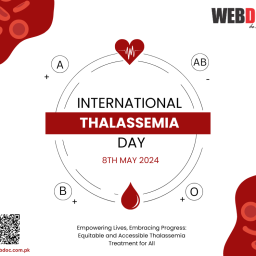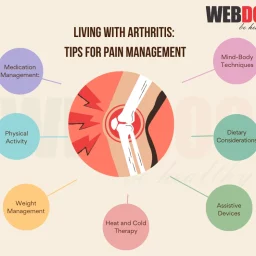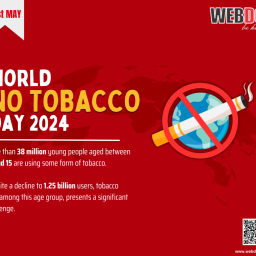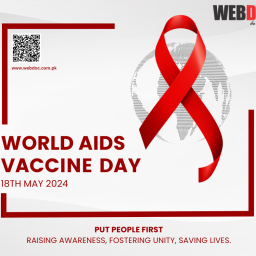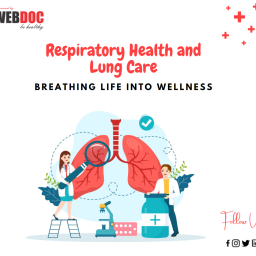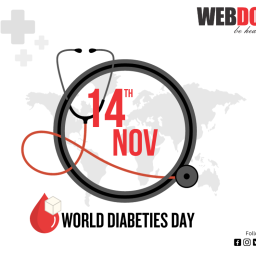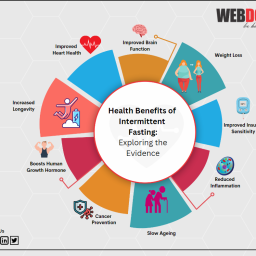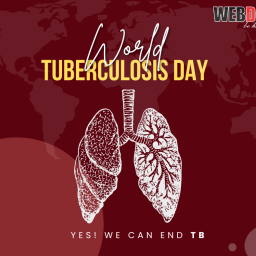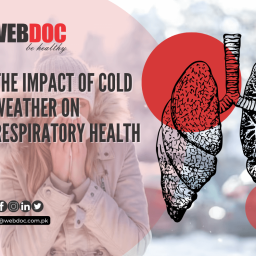Prioritizing Global Wellness in a Changing World
Introduction
World Health Day is celebrated annually on April 7th, serving as a global reminder of the importance of health and well-being for all individuals and communities. Established by the World Health Organization (WHO) in 1950, World Health Day aims to raise awareness about pressing health issues and mobilize efforts to address them on a global scale. In an ever-changing world, marked by technological advancements, environmental challenges, and socio-economic disparities, the significance of prioritizing health has never been more critical. This article explores the significance of World Health Day, current global health challenges, and the importance of collective action in promoting wellness worldwide.
World Health Day Theme 2024: “Building Resilient Health Systems for a Sustainable Future
The 2024 theme emphasizes the importance of strengthening healthcare infrastructure to withstand health crises. Key aspects include enhancing emergency preparedness, ensuring equitable access to healthcare, fostering intersectoral collaboration, and empowering communities. This theme highlights the critical role of resilient health systems in promoting health equity and sustainable development worldwide.
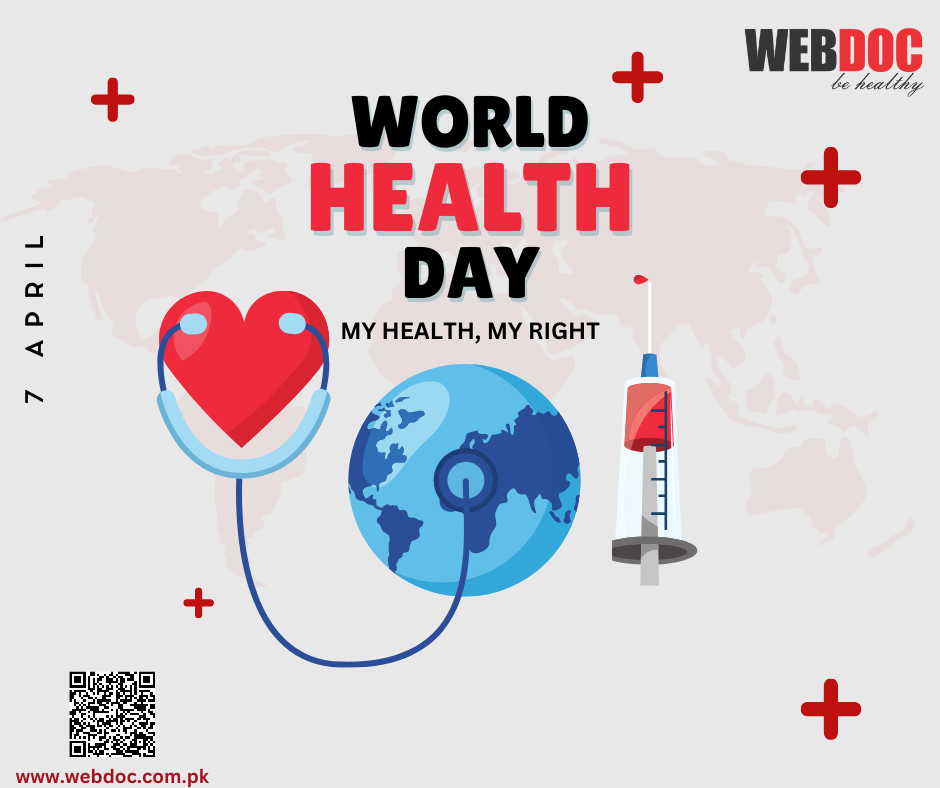
The Significance of World Health Day
World Health Day provides an opportunity to focus on specific health themes each year, highlighting areas of concern and promoting strategies for improvement. From combating infectious diseases to addressing mental health stigma, each annual theme reflects the evolving landscape of global health. Furthermore, World Health Day serves as a platform for governments, healthcare professionals, NGOs, and individuals to advocate for policies and practices that promote health equity and accessibility to essential services.
Global Health Challenges
Despite significant progress in healthcare and medical research, numerous challenges persist, impacting populations worldwide. Infectious diseases such as HIV/AIDS, malaria, and tuberculosis continue to pose significant threats to public health, particularly in low-income regions with limited access to healthcare infrastructure and resources. Additionally, the rise of antimicrobial resistance presents a growing concern, jeopardizing the effectiveness of antibiotics and other essential medications.
Non-communicable diseases (NCDs) such as cardiovascular diseases, cancer, diabetes, and respiratory illnesses constitute the leading cause of death globally, accounting for approximately 71% of all deaths annually. Lifestyle factors such as unhealthy diets, lack of physical activity, tobacco use, and excessive alcohol consumption contribute to the increasing prevalence of NCDs, placing a significant burden on healthcare systems and economies worldwide.
Mental health disorders also represent a significant public health challenge, with an estimated one in four individuals experiencing mental health issues at some point in their lives. Stigma, discrimination, and limited access to mental health services further exacerbate the burden of mental illness, highlighting the need for comprehensive strategies to promote mental well-being and support those in need.
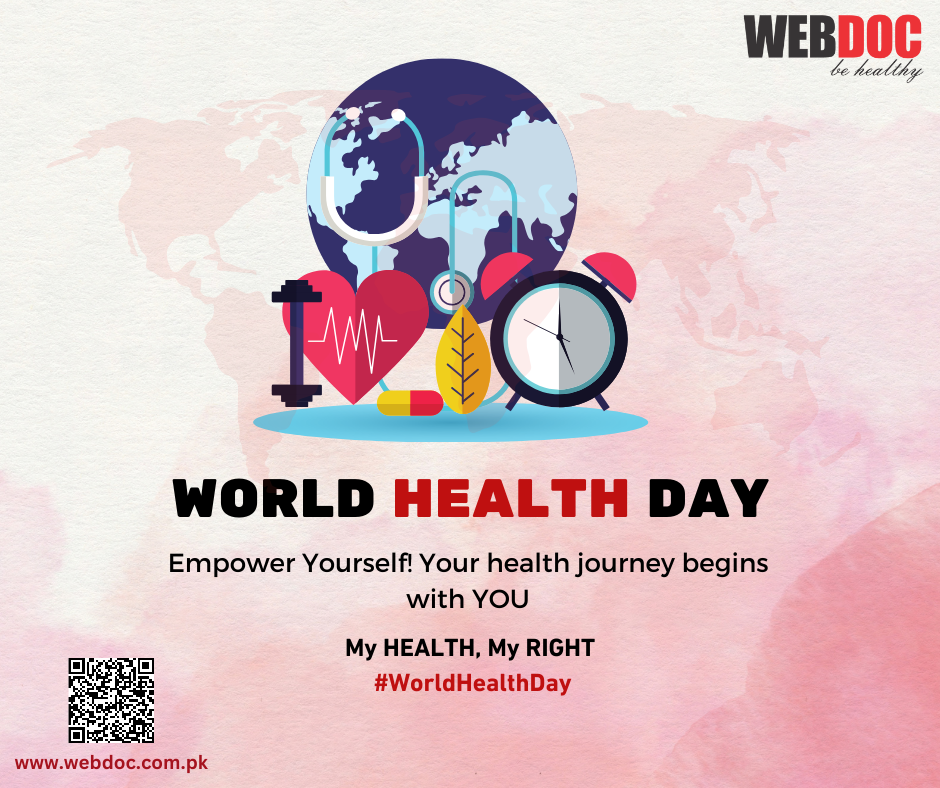
The Impact of COVID-19
The emergence of the COVID-19 pandemic has further underscored the interconnectedness of global health and the need for coordinated responses to health emergencies. The rapid spread of the virus has strained healthcare systems, disrupted economies, and exacerbated existing health inequalities, disproportionately affecting vulnerable populations and marginalized communities.
In addition to the direct health impacts of the virus, COVID-19 has also exacerbated socio-economic disparities, with millions of people experiencing job loss, food insecurity, and limited access to essential services. The pandemic has highlighted the importance of resilient health systems, effective risk communication, and equitable access to vaccines and treatments.
Promoting Health Equity and Access
Addressing global health challenges requires a multi-faceted approach that prioritizes health equity, social justice, and sustainable development. Governments, international organizations, civil society, and the private sector all have crucial roles to play in promoting wellness and advancing the health-related Sustainable Development Goals (SDGs).
Investments in primary healthcare, disease prevention, and health promotion are essential for building resilient health systems that can effectively respond to current and future health threats. Additionally, efforts to address the social determinants of health, such as poverty, education, and environmental factors, are critical for reducing health inequities and improving overall well-being.
Access to essential healthcare services, including vaccinations, maternal and child health services, and treatment for NCDs and infectious diseases, must be prioritized to ensure that everyone can attain the highest standard of health possible. This includes removing barriers to healthcare access, such as financial constraints, geographic isolation, and discrimination, and promoting universal health coverage as a fundamental human right.
Harnessing Technology for Health
Technological innovations have the potential to revolutionize healthcare delivery and improve health outcomes worldwide. From telemedicine and mobile health apps to artificial intelligence and big data analytics, technology offers new opportunities for disease surveillance, diagnosis, treatment, and health education.
However, it is essential to ensure that these technological advancements are accessible and equitable, reaching underserved populations and addressing digital divides. Additionally, ethical considerations, data privacy, and cybersecurity must be prioritized to safeguard the integrity of healthcare systems and protect patient confidentiality.
Building Resilience for Future Challenges
As the world continues to face complex health challenges, building resilience and preparedness are essential for mitigating risks and ensuring sustainable development. This includes investing in research and development for emerging infectious diseases, strengthening health systems, and promoting interdisciplinary collaboration across sectors.
Furthermore, addressing environmental health risks, such as air and water pollution, climate change, and biodiversity loss, is crucial for protecting human health and well-being. By promoting sustainable practices and fostering a deeper connection between human health and the environment, we can create healthier and more resilient communities for future generations.
Conclusion
World Health Day serves as a poignant reminder of the collective responsibility to prioritize health and well-being for all individuals and communities. In a rapidly changing world marked by unprecedented challenges, promoting global health equity, access to essential services, and sustainable development is paramount. By working together, we can overcome current health threats, build resilient health systems, and create a healthier, more equitable world for generations to come. As we celebrate World Health Day, let us reaffirm our commitment to achieving the highest attainable standard of health for all.
